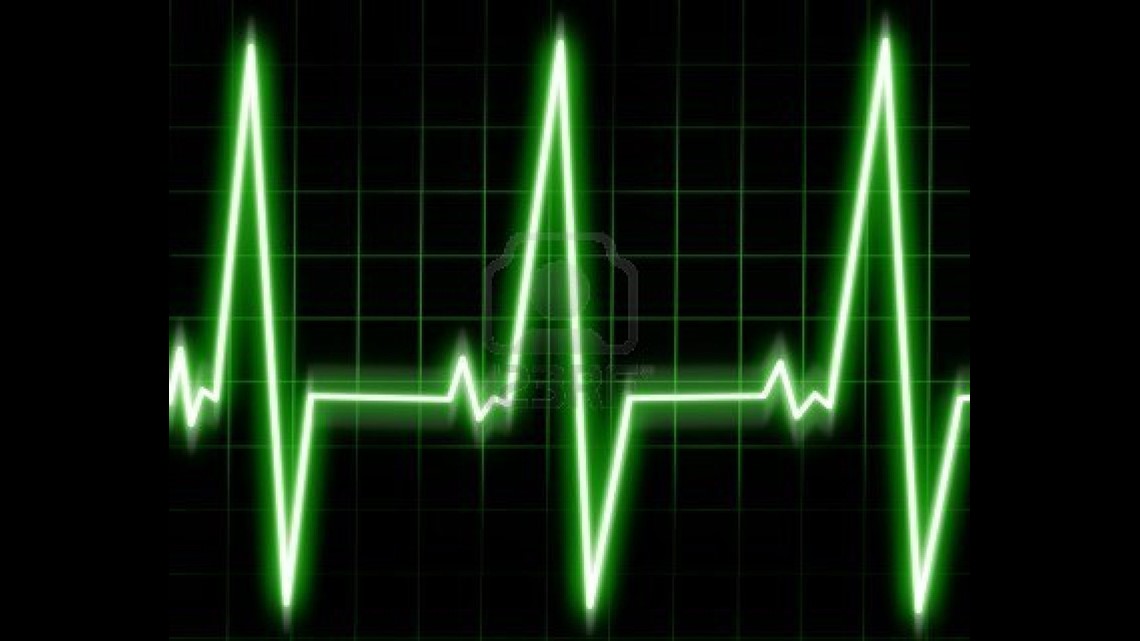

The newly developed standards are designed to be user-friendly and focus on streamlining care for patients. They focus on balloon angioplasty and stenting as the best treatment plan for severe heart attacks.
When it comes to heart attacks, helping people understand “time is muscle” is key, says Dr. James Fang, one of the co-authors of the guidelines and director of the Advanced Heart Failure & Transplant Center at University Hospitals Case Medical Center in Cleveland, Ohio. “The longer the heart muscle goes without oxygen, e.g. blood flow, the greater the heart muscle damage,” he says.
Doctors work hard to open the blocked blood vessel responsible for the heart attack as soon as possible, says Fang. How fast doctors treat severe heart attacks directly determines a patient’s prognosis. But doctors can do nothing if patients don’t call for help and get to a hospital as soon as possible.
It’s important to increase awareness of heart attack symptoms, says cardiologist Dr. Chandan Devireddy of Atlanta’s Emory University Hospital, who was not involved with determining the new guidelines.
The most common and classic symptom is chest pain or discomfort. Other indicators include a nagging stomach ache; unexplained pain in the shoulder, jaw, or arm; unexplained shortness of breath; or just an unexplained feeling of malaise.
“If there is a suspicion, it’s better to be careful and seek medical attention because the risk is too great,” Devireddy says. “Once a heart attack has happened, there is no way to bring that heart muscle back.”
“If you have chest discomfort of any sort between your neck and your waist, you really need to have that evaluated urgently,” Fang adds, warning against self-diagnosis – “that’s our job. The consequences of being wrong can be catastrophic.”
Fang talks about “the golden hour,” in which it’s critical to open a blocked vessel. If the blockage is remedied within an hour, “your survival (chances are) excellent. The sooner the better – if you can make it five minutes, it’s better than one hour.”
In the past, physicians have been limited in how quickly they could treat a patient because they couldn’t perform an EKG until the patient arrived at the hospital, Devireddy says. Now, with the new guidelines allowing for emergency responders to complete an electrocardiogram on patients with a suspected heart attack, “the second the patient rolls through the door, the medical staff can be waiting and ready to deliver appropriate care,” says Devireddy.
The new guidelines make it clear “placement of a stent is (the) preferred strategy to open the artery causing a heart attack, as long as stenting can be delivered within two hours of (the) patient getting attention,” says Devireddy. And with EMS performing tests such as EKG in the field, “we can get these patients stented as soon as they arrive at the hospital.”
The guidelines also call for field medical personnel to be trained in preserving neurological function in a patient in cardiac arrest through hypothermia. “Patients who have cardiac arrest and lose delivery of oxygen and blood to the brain, if we can cool down patients’ core body temperature (we) will see dramatic improvements in saving and maintaining cognitive function, or (the) brain’s ability to survive,” says Devireddy.
Hypothermia protects the brain from further injury from lack of blood flow. “If not dealt with urgently it will lead to death,” Fang says.
™ & © 2012 Cable News Network, Inc., a Time Warner Company. All rights reserved.
